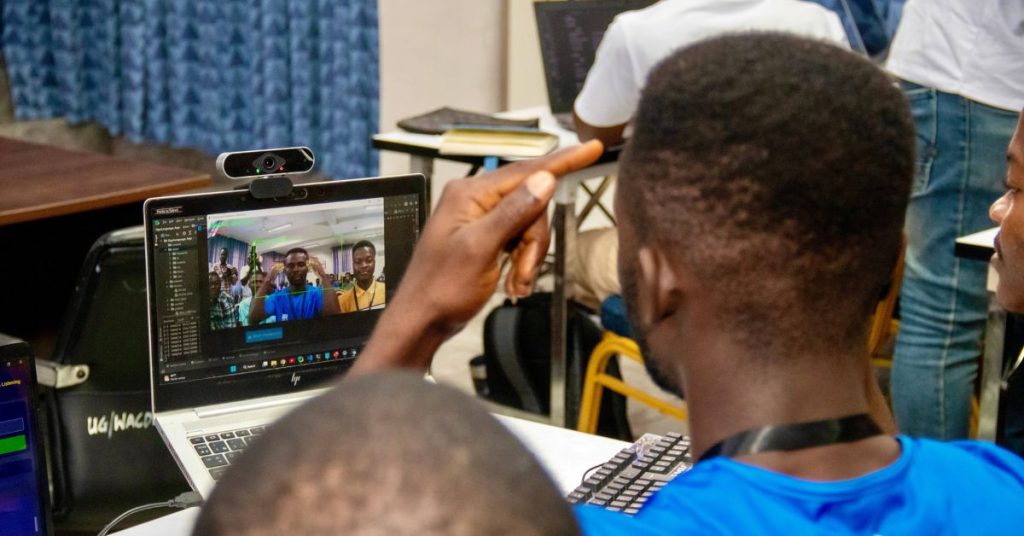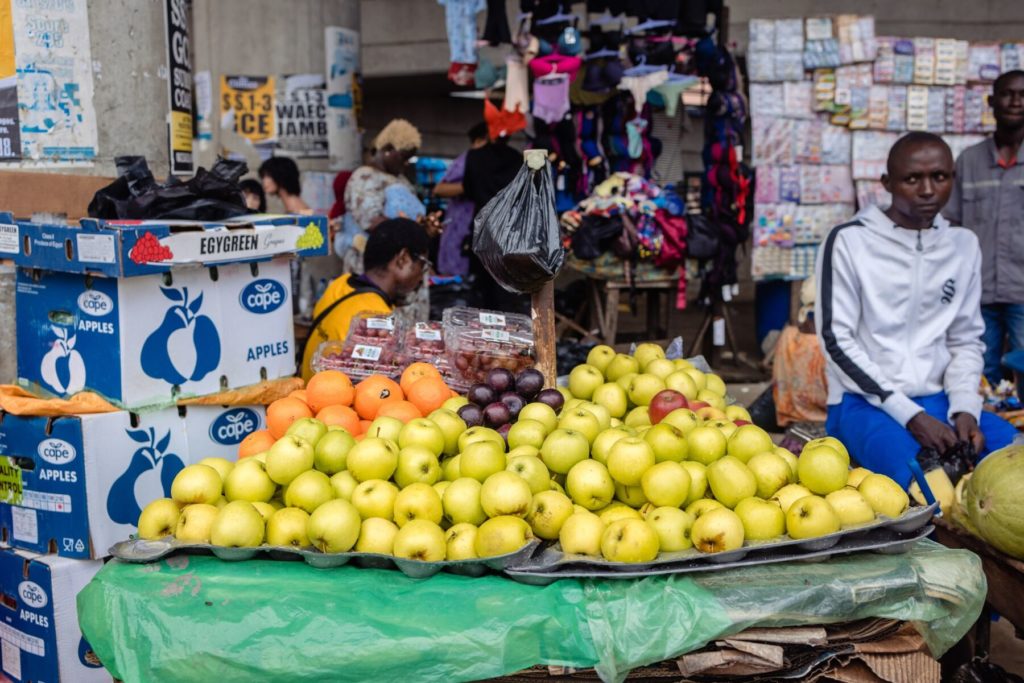
Nigeria’s urgent need to shift its economic reliance away from oil and towards non-oil exports was the central theme at a recent First City Monument Bank (FCMB) seminar. The event, attended by policymakers, financiers, and industry leaders, underscored the potential of agriculture, manufacturing, and services sectors to drive Nigeria’s future growth.
The Managing Director of FCMB, Yemisi Edun, emphasized the importance of collaborative efforts to build a conducive environment for non-oil exports, citing the bank’s role in facilitating over $900 million in export flows and $140 million in remittances as of June 2024. Edun highlighted Nigeria’s potential as a leading cash crop exporter and stressed the importance of capitalizing on opportunities presented by the African Continental Free Trade Area (AfCFTA).
The seminar also addressed the need for Nigerian exporters to enhance production scale and product quality to compete globally. The Nigerian Export Promotion Council (NEPC) CEO, Nonye Ayeni, highlighted the Council’s “Export 35 Refined” initiative, which aims to provide specialized support for the top 20 agricultural products with high revenue potential.
Government agencies like the Nigeria Customs Service (NCS) and the Nigeria Export-Import Bank (NEXIM) outlined their ongoing efforts to streamline export processes and bridge the financing gap for non-oil exporters. The NCS highlighted its digital customs clearance initiatives, while NEXIM underscored its commitment to funding viable non-oil projects.
Adewale Adeniyi, Comptroller General of the Nigeria Customs Service, noted that the NCS has implemented several initiatives to enhance export trade. Represented by Assistant Comptroller Olusola Salako, Adeniyi mentioned the creation of the Lilypond Export Command as a one-stop shop for facilitating export cargo, capacity building, system automation, process improvements, and partnerships with international trade stakeholders.
“These initiatives, including the digitization of customs clearance processes, align the NCS with global best practices in customs administration,” he said, adding that non-oil exports are duty- and tax-free in Nigeria, with no associated charges for customs export procedures.
Speaking on “Bridging the Non-Oil Export Financing Gap,” NEXIM Managing Director Abubakar Bello highlighted the Bank’s efforts to promote the Regional Sealink Project. This initiative aims to enhance trade connectivity by improving maritime logistics using inland waterways for coastal and hinterland trade.
“We welcome collaborations with business promoters and financiers to identify and fund viable non-oil projects, particularly in manufacturing, agro-processing, solid minerals, and services,” Bello said. “Nigeria has vast potential to grow non-oil exports and diversify its export revenues.”
FCMB, as a leading provider of export trade solutions, reaffirmed its dedication to supporting businesses in navigating the global market.
The overall sentiment was optimistic, with a shared belief that Nigeria’s vast potential in non-oil exports could be harnessed to diversify the economy and secure a more stable and prosperous future.










